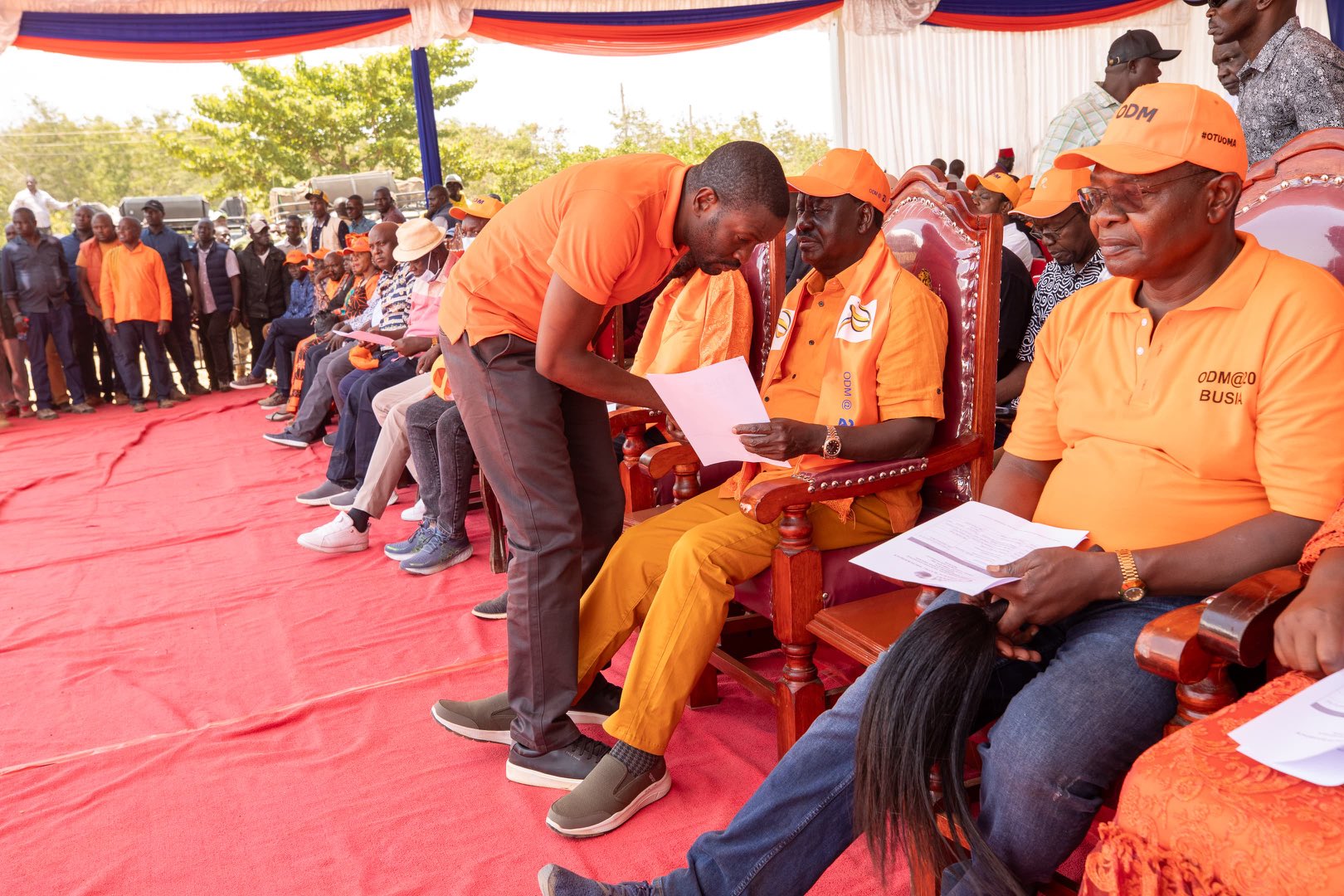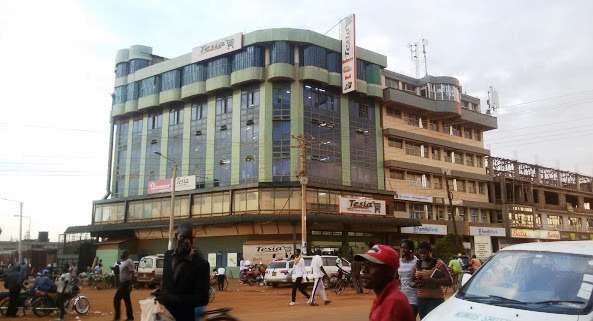By TWV Team
Last week, Narok Senator Ledama ole Kina called on the Senate to “urgently convene its first Oversight Summit” to expose how some governors have allegedly turned devolution into their personal ATM machines, plunging counties into debt and accumulating endless pending bills.
To unlock the full article:
Choose one of the options below:
- Ksh 10 – This article only
- Ksh 300 – Monthly subscription
- Ksh 2340 – Yearly subscription (10% off)
In a strongly worded post on X (formerly Twitter), the senator dismissed the recently concluded Devolution Conference as a “cartel’s annual party for impunity,” claiming its real purpose is to “mock the Constitution and spit on the rule of law.”
Ledama, a prominent figure in Maa and ODM party politics, added pointedly: “Or should I be politically correct and say it is a networking gala for entrenched interests, sustained by public funds and unconcerned with real accountability?”
These statements, coming from a legislator whose constitutional role under Article 96 includes overseeing county governments, serve as a scathing indictment of the state of county administration and the conduct of some governors.
In light of these remarks, The Weekly Vision takes a deep dive into the festering issue of corruption within county governments, uncovering a trail of high-profile scandals and blatant misuse of public funds, often disguised as “development projects.”
Wajir County
In the 2023/24 financial year, Wajir County, led by a governor who also chairs the Council of Governors (CoG), allegedly spent millions on drug purchases without any supporting documentation, raising questions over whether the drugs were ever procured. According to Auditor-General Nancy Gathungu, an amount of Ksh97,790,527 spent on drugs for health centres and dispensaries lacked critical records such as store receipts (S13), ledgers, and issue notes
In another questionable transaction, a Wajir-based supplier was awarded a KSh. 211,376,871 contract for fuel, oil, and lubricants without a valid tax compliance certificate or Electronic Tax Register (ETR) receipts, violating Regulation 6 of the VAT Regulations, 2020.
The county also continues to use manual payroll systems. A review of the payroll revealed manual salary processing for 1,114 staff members, totalling Ksh23,792,181, raising suspicions of incompetence or the existence of “ghost workers.”
Siaya County
In Siaya, Governor James Orengo’s administration paid Ksh2.9 million to MCAs for auditing reports, despite the Assembly having its own independent budget. Additionally, Ksh70.75 million was paid to three travel companies for transporting county staff, yet the Executive has its own transport department, and staff had already received travel and per diem allowances.
A contract signed in 2018 for stadium construction was initially priced at Ksh394.6 million, later revised to Ksh488.7 million (a 24% variation) without proper documentation or Evaluation Committee recommendations. The project has seen nine extensions as of August 30, 2024.
Further, the Orengo administration paid Ksh14.5 million to 240 staff outside the official Integrated Payroll and Personnel Database (IPPD) through vouchers. The said payments were disguised as funeral expenses, baggage allowances, and gratuities.
Mandera County
The Mandera County Government also came under scrutiny after purchasing medical equipment worth Ksh148.4 million from KEMSA without supporting documents such as facility requisitions, inspection reports, or store receipts.
The county also spent Ksh74.36 million on projects falling under the national government, including infrastructure for primary and secondary schools, KMTC, TTCs, and KDF, in direct violation of the Fourth Schedule of the Constitution.
Mandera paid Ksh45.5 million to advocates without necessary approvals or written departmental requests, breaching Section 16 of the County Attorney Act, 2020. Salaries totalling Ksh188.99 million were also processed manually for 552 employees, including 446 National Police Reservists, raising further accountability concerns.
Marsabit County
Marsabit County awarded a Ksh4.99 million borehole contract without conducting a mandatory hydrological assessment or obtaining drilling authorisation from the Water Resources Authority (WRA).
The Governor’s administration also overspent Ksh19.81 million on a staff medical insurance cover, paying Ksh79.8 million against an approved budget of Ksh60 million.
Additionally, Ksh5.9 million was paid to a consultant for developing the County Integrated Development Plan (CIDP) 2023-2027, despite the individual not being pre-qualified, in violation of procurement law.
Further mismanagement was evident in the lack of vehicle tracking systems in county executive cars, making it impossible to manage and monitor county transport.
The county fire engine remains non-operational despite the fact that the fire department’s 14 staff members continue to draw salaries.
Isiolo County
In Isiolo, Governor Abdi Guto’s administration awarded a KSh. 89.26 million contract for an Accident & Emergency Centre at the County Referral Hospital. Although Ksh81.4 million (91% of the contract value) was paid, hospital equipment worth Ksh17.4 million was never delivered.
Even more concerning, the project was undertaken without an Environmental Impact Assessment (EIA), breaching the Environmental Management and Coordination Act (1999, amended 2015).
[/full]




